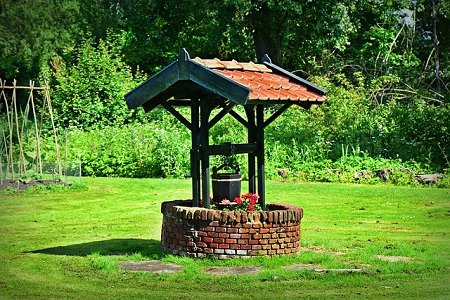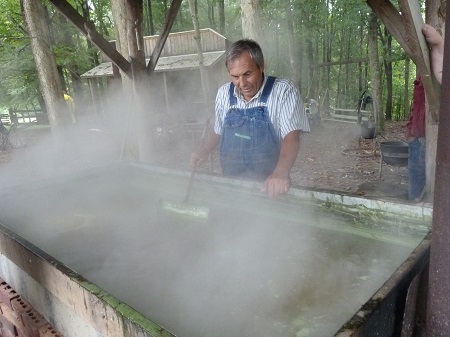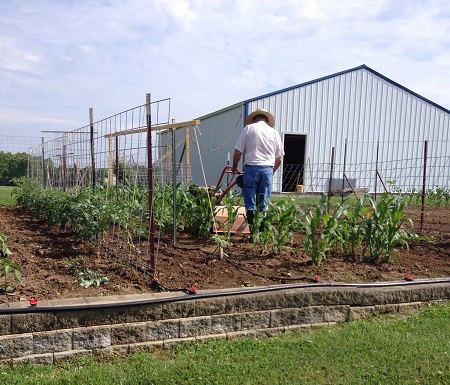Wring Our Hands
 We cannot sleep. We cannot eat, or we eat too much. We wring our hands until the skin almost comes off.
We cannot sleep. We cannot eat, or we eat too much. We wring our hands until the skin almost comes off.
Does that sound familiar?
To wring our hands is one sign of worry.
We twist our hands and rub them together over and over again. However, we often do nothing about what worries us. Rather than try to fix the problem, we spend all our time as a worry wart.
We:
- Worry about our bills but fail to follow a budget
- Complain about young people but don’t show them a better way
- Cry over hungry children but never help feed them
- Complain about the government but refuse to vote
Wringing our hands will not make a difference.
Rather than waste time worrying, why not lift our hands in prayer. But let’s not stop there. Why not also put feet to our prayers?
Seek God’s guidance. Then do something to improve the situation.
We cannot change all the world’s problems. We can change a few.
Will we dare to make a difference?
“Therefore I tell you, do not worry about your life” (Matthew 6:25 NIV).
Thanks to Tillie Cowherd for the suggestion.
Do you have an expression you want explained? If so, please comment below.
Subscribe to receive my weekly posts by email and receive a free copy of “Words of Hope for Days that Hurt.”
If you enjoyed this post, please share it with your friends.
 If anything is plumb, it is perfectly straight.
If anything is plumb, it is perfectly straight.  A plumb line helps measure whether anything is straight or plumb.
A plumb line helps measure whether anything is straight or plumb.  As a little girl, I loved to visit relatives who had a well with a bucket. The bucket was tied to the end of a rope. To get water, we had to:
As a little girl, I loved to visit relatives who had a well with a bucket. The bucket was tied to the end of a rope. To get water, we had to: I have been told I am as slow as molasses. I have also been told I go too fast. I suppose my speed depends on what I do.
I have been told I am as slow as molasses. I have also been told I go too fast. I suppose my speed depends on what I do. Pouring molasses is also a slow process.
Pouring molasses is also a slow process. On my first trip to Cañon City, Colorado, my husband and I walked across the nearby Royal Gorge Bridge. Several people use that bridge as a jumping-off place. They bungee jump from the highest bridge in the United States.
On my first trip to Cañon City, Colorado, my husband and I walked across the nearby Royal Gorge Bridge. Several people use that bridge as a jumping-off place. They bungee jump from the highest bridge in the United States. After a long hard day, most of us look forward to work in the short rows.
After a long hard day, most of us look forward to work in the short rows. A few years ago, my husband was in the hospital, not expected to live. The next day a doctor said he was much better but not out of the woods yet. He meant my husband still had to fight for his life.
A few years ago, my husband was in the hospital, not expected to live. The next day a doctor said he was much better but not out of the woods yet. He meant my husband still had to fight for his life. Pudding, or any other food, may look good. It may smell good. Other people may say it tastes good. However, the proof of the pudding is in the eating.
Pudding, or any other food, may look good. It may smell good. Other people may say it tastes good. However, the proof of the pudding is in the eating. Like Kaleb’s puppy, too many times, I have cleaned with a lick and a promise. What about you?
Like Kaleb’s puppy, too many times, I have cleaned with a lick and a promise. What about you? Sometimes we have to give a lick and a promise.
Sometimes we have to give a lick and a promise. Years ago, Ernest Tubb and Red Foley sang “
Years ago, Ernest Tubb and Red Foley sang “